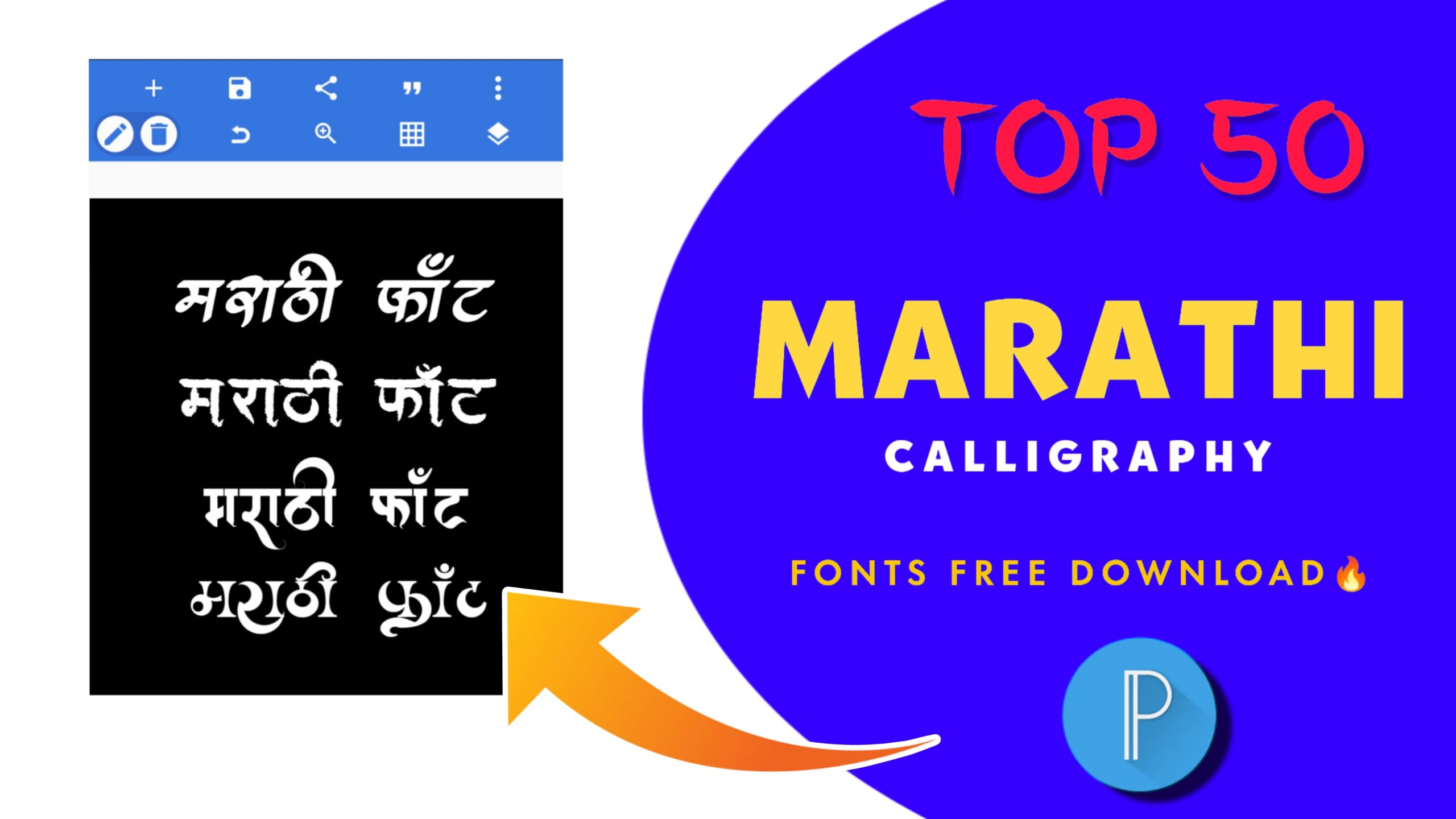The Marathi language, with its deep roots and vibrant culture, is a significant part of India's linguistic diversity. Spoken primarily in the state of Maharashtra, Marathi boasts a rich literary history that dates back to the 13th century. It serves as a means of expression for millions, encompassing various dialects and styles. The language has grown and evolved over centuries, embodying the traditions, values, and aspirations of its speakers.
Marathi is not just a mode of communication; it is a cultural treasure trove that reflects the life, history, and ethos of the Marathi-speaking populace. From classical literature to contemporary cinema, the language plays a pivotal role in the arts, education, and daily life of its speakers. The significance of Marathi extends beyond the boundaries of Maharashtra, reaching out to Marathi-speaking communities around the world.
In this article, we will delve deeper into the intricacies of the Marathi language, touching upon its history, literary contributions, and its role in shaping the identity of the Marathi people. Join us on this enlightening journey as we explore the essence of what makes Marathi a cherished language and culture.
What is the History of the Marathi Language?
The origins of the Marathi language can be traced back to the early Indo-Aryan languages. Marathi evolved from the Maharashtri Prakrit, which was spoken in the ancient region of Maharashtra. The earliest known written records of Marathi date back to the 13th century, with the works of saints like Dnyaneshwar and Namdev, who laid the foundation for Marathi literature.
Who are the Pioneers of Marathi Literature?
Marathi literature has been enriched by numerous poets, playwrights, and novelists over the centuries. Some of the most notable figures include:
- Dnyaneshwar: A saint-poet known for his commentary on the Bhagavad Gita.
- Namdev: A saint who composed devotional songs.
- Vishnu Sakharam Khandekar: The first Marathi writer to win the Jnanpith Award.
- P. L. Deshpande: A versatile writer known for his stories, plays, and essays.
How Did Marathi Evolve Over Time?
Over the years, Marathi has adapted and incorporated elements from various languages and dialects, reflecting the cultural interactions in the region. The British colonial era brought about significant changes in the language, leading to the establishment of educational institutions and the publication of newspapers in Marathi. This period saw a surge in literary activities and the formation of a distinct Marathi identity.
What is the Importance of Marathi in Modern Times?
In contemporary society, Marathi serves as a vital link for communication among millions. It is used in various domains, including education, media, and politics. The language's significance is further enhanced by its inclusion in the curriculum of schools and universities across Maharashtra.
How is Marathi Represented in Arts and Entertainment?
The Marathi film industry, popularly known as "Marathi Chitrapat," has been instrumental in showcasing the culture, traditions, and stories of Maharashtra. Renowned filmmakers and actors have contributed to the growth of Marathi cinema, earning accolades and recognition at national and international levels. Notable films such as "Swaas," "Court," and "Panga" have made significant impacts and garnered critical acclaim.
What Role Does Marathi Play in Festivals and Traditions?
Marathi culture is richly woven with festivals and traditions that celebrate its heritage. Major festivals like Ganesh Chaturthi, Diwali, and Gudi Padwa are celebrated with great enthusiasm. These occasions bring communities together and reinforce the importance of the Marathi language through songs, prayers, and storytelling.
What are the Challenges Faced by the Marathi Language?
Despite its rich heritage, the Marathi language faces several challenges in the modern world. Globalization and the dominance of English have led to a gradual decline in the usage of Marathi, especially among the youth. Efforts are being made to promote the language through various initiatives, including literature festivals, language courses, and social media campaigns.
How Can We Preserve and Promote Marathi Culture?
Preservation of the Marathi language and culture is essential for maintaining the identity of its speakers. Here are some ways to promote and preserve Marathi:
- Encouraging Marathi Literature: Support local authors and poets by reading and sharing their works.
- Promoting Marathi in Education: Advocate for Marathi to be taught in schools and colleges.
- Engaging in Cultural Activities: Participate in Marathi theatre, dance, and music events.
- Utilizing Social Media: Share Marathi content and connect with others online to foster a sense of community.
Conclusion: Why is Marathi a Language of Pride?
In conclusion, Marathi is more than just a language; it is a cultural identity that embodies the spirit of Maharashtra. Its rich literary tradition, vibrant arts scene, and deep-rooted customs make it a language of pride for its speakers. By embracing and promoting Marathi, we can ensure that this beautiful language continues to thrive for generations to come.
Unraveling The Mystery Of The Big Mouse Phenomenon
Heartfelt Condolences Wishes For Mother’s Death
Heartfelt Happy Birthday Wishes For Sister


